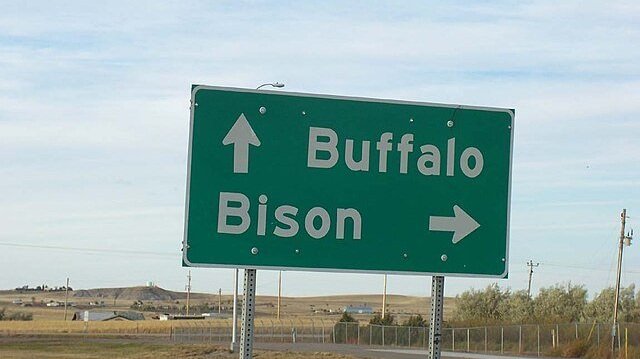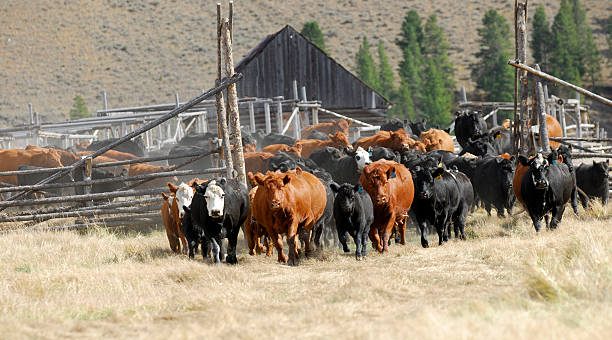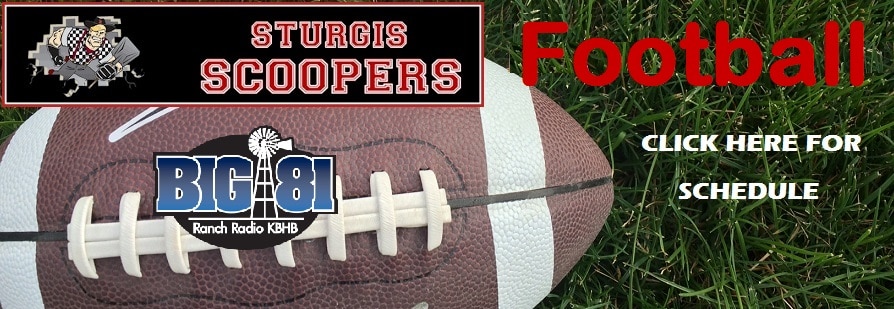
“We knew back then there would continue to be legal challenges,” said Ken Hamilton, Wyoming Farm Bureau Federation Executive Vice President. “We have been involved in the continued litigation brought to attack the grizzly bear recovery program.”
“We are frustrated that the groups that allegedly want grizzly bears recovered work so hard to overturn recovery plans once the species reach recovery goals,” Hamilton continued. “For ranchers, this looks like they are always trying to move the goalposts.”
The most recent case is the Center for Biological Diversity (CBD) v. Haaland and the State of Wyoming. The Wyoming Farm Bureau Federation, along with the Wyoming Stock Growers Association and the Utah Farm Bureau Federation, are being represented by Mountain States Legal Foundation (MSLF). MSLF filed a brief mid-October with the U.S. Court of Appeals for the Ninth Circuit representing the agriculture associations.
“We’re pleased that we won a preliminary round in this dispute and believe we have a good chance of prevailing again in the 9th Circuit, which would help place reasonable limits on the ability of green extremists to further clog-up the courts and bog down the species recovery process with new waves of frivolous and counterproductive litigation,” said Sean Paige with MSLF. “If you let them, these groups would litigate 24/7 365 days a year, over every conceivable issue, which at some point becomes counterproductive to actually doing the work of recovering listed species.”
The CBD lawsuit targets recovery plans for all endangered species. According to MSLF, they want the ability to challenge the contents of a non-binding recovery plan in court as well as the ability to enforce a plan once it is in place. “Recovery plans are the definition of non-binding agency documents,” Paige continued. “They are flexible by design so USFWS officials are able to adjust the plan as circumstances evolve over time.”
According to Paige, this case has implications that go beyond just grizzly recovery plans and could apply to all endangered species recovery plans. He states, “a win here for a rational public process would be a major setback for the Big Green Litigation Machine.”
Hamilton notes Wyoming has been greatly impacted by the inability for the state to manage the grizzly bear despite recovery numbers being attained. “Over the years of moving goalposts and litigation, the ranching community has been greatly impacted as the grizzly bear population continues to increase and expand into occupied habitat,” Hamilton concluded. “Many of our ranching members have incurred additional and unsustainable costs due to loss and injury to livestock, reduction in weight gains to livestock, decreased conception rates of livestock and higher management costs.”










